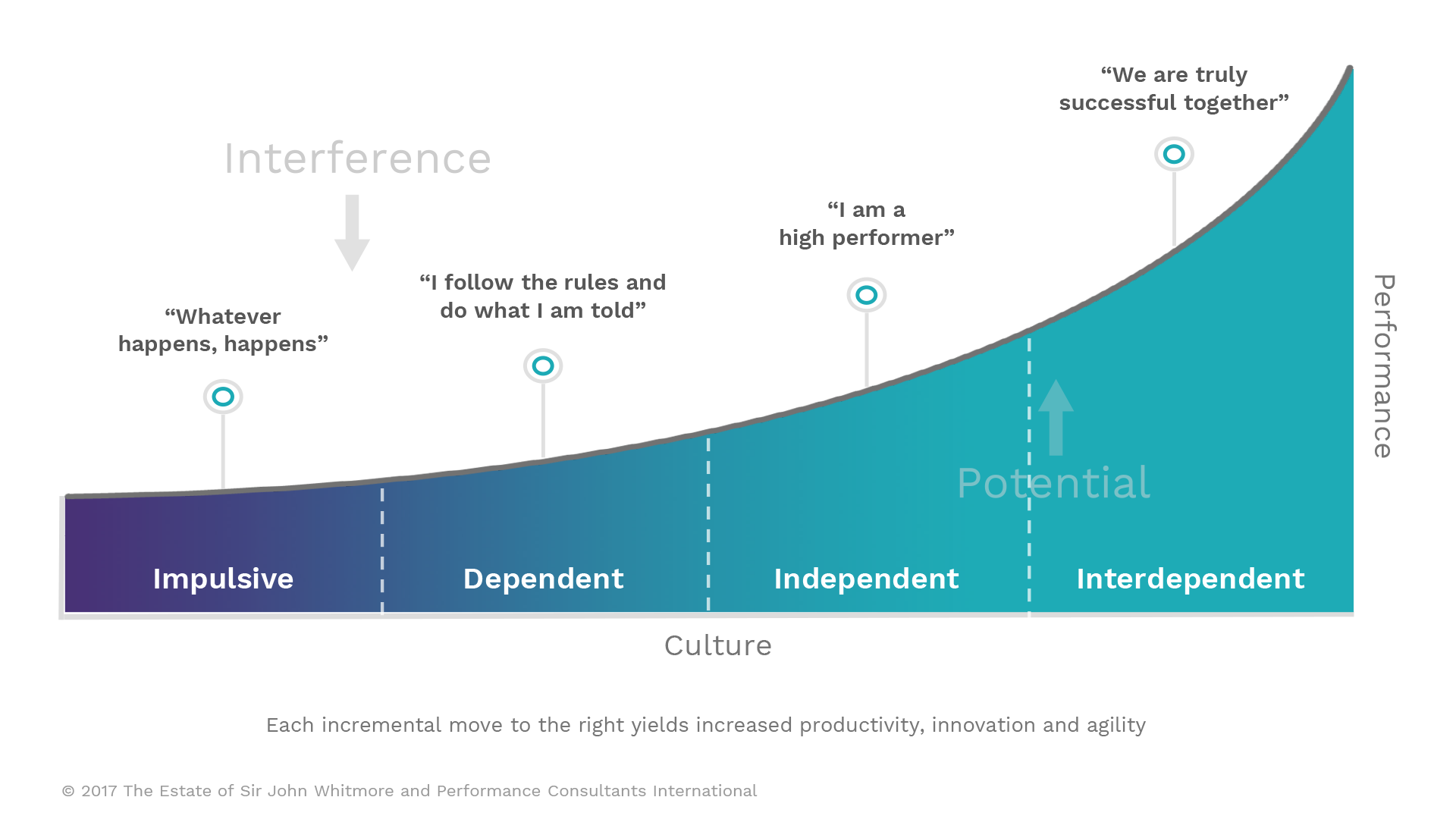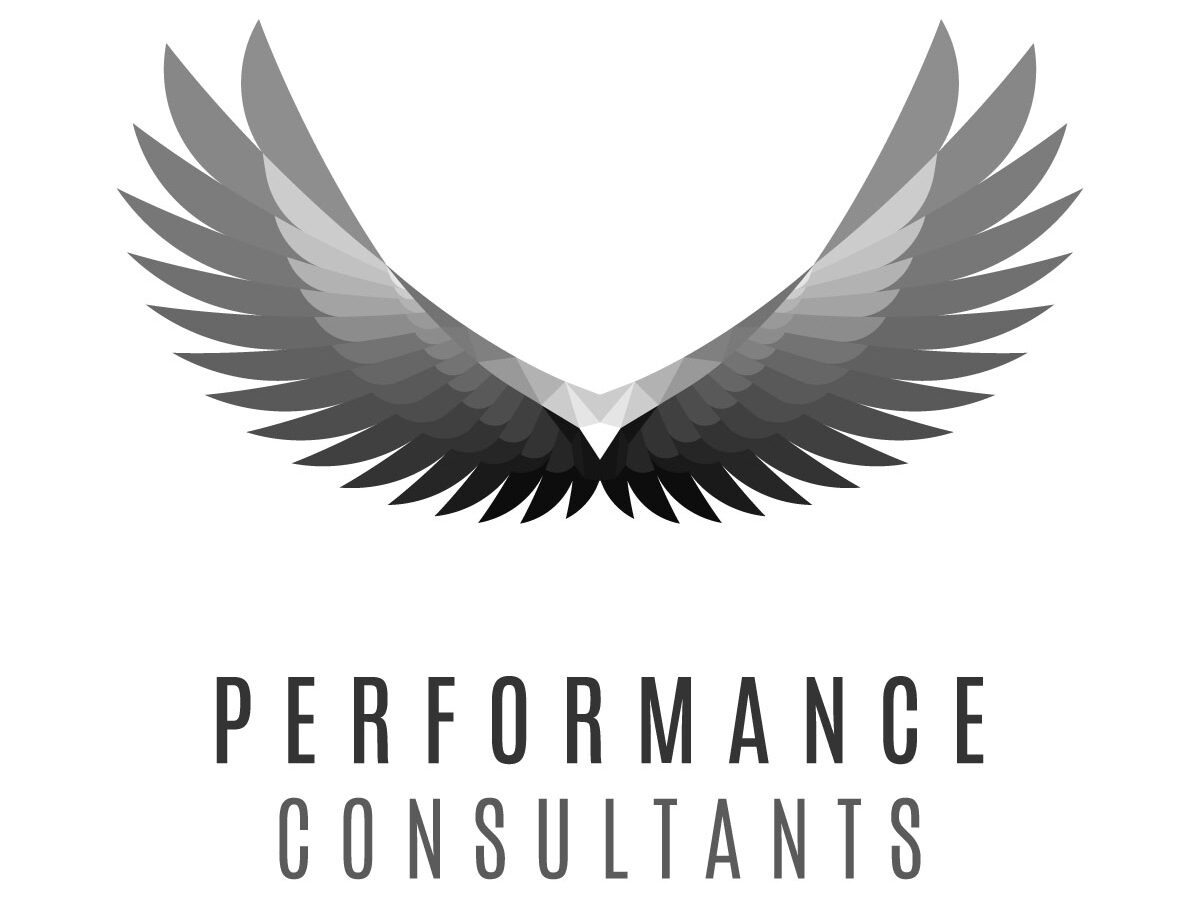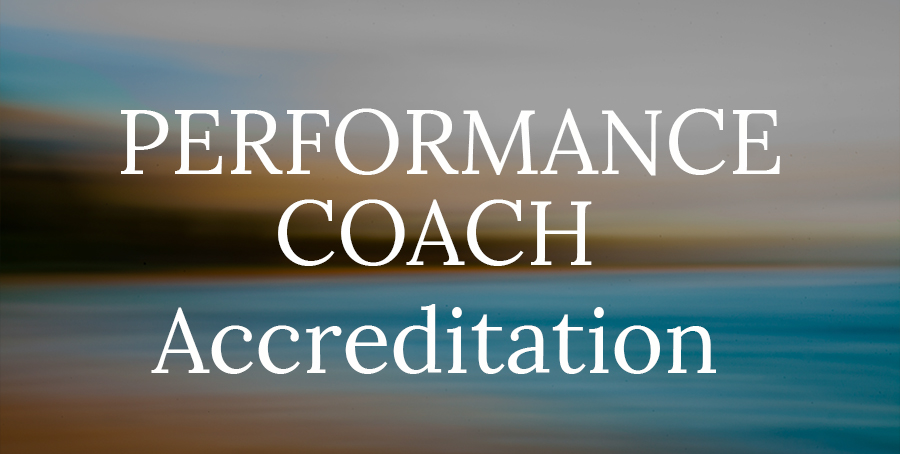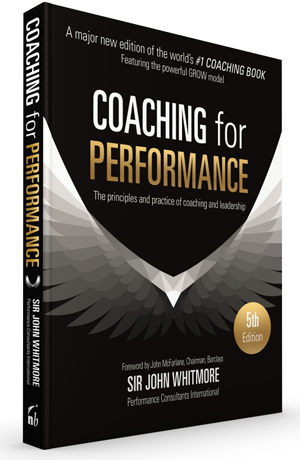
Discover why a coaching style of leadership is important to a millennial workforce
– 3 mins read –
The latest research into the millennial workforce* shows business has some way to go to achieve its potential for positive social impact. More than three quarters of millennials believe business should be a force for good on issues such as economic and social progress, conflict, inequality and corruption but, according to the research, big business is only meeting these expectations for 59 per cent of under-35 year olds.
The survey also shows that, after a year of global instability, millennials are less likely to want to leave the security of their jobs than previously, providing a huge opportunity for employers to engage. With many millennials now emerging leaders, holding senior management positions and managing people and teams, they have the opportunity to effect change in the workplace with huge potential gains for business if this potential can be successfully realized.
A coaching style of leadership strengthens purpose and performance
The search for meaning and purpose at work is not restricted to the millennial generation. With older workers also motivated by a sense of higher purpose, organizations are discovering how a coaching style of leadership nurtures high-performing, collaborative teams focused on a shared vision that will enable the organization to achieve its purpose.
In Coaching for Performance, Sir John Whitmore and his team at Performance Consultants explain how a coaching style of leadership creates the conditions for high performance. The 25th Anniversary Edition of Sir John’s bestselling book presents The Performance Curve (see figure below), a model that maps the culture of an organization and relates this to the conditions for low, medium or high performance. The Performance Curve enhances understanding of how a coaching culture is a high-performance culture, enabling a collaborative workforce with shared values to flourish.

COACHING TRAINING FOR LEADERS CREATED BY SIR JOHN WHITMORE
The latest findings from the International Coach Federation (ICF) and Human Capital Institute (HCI), Building a Coaching Culture with Millennial Leaders, shows how emerging leaders benefit from partnering with a coach and receiving training on how to use coaching skills with their peers and teams, while leaders at all ages want to develop a coaching style of leadership.
COACHING MINDSET The leader believes that the coachee is capable, resourceful, and full of potential. Believing in the dormant capability of a person will build their self-belief and self-motivation and enable them to flourish. And with that mindset, you can coach them to make their own powerful choices and find enjoyment in their performance and their success.
Extract from the Glossary of Coaching Terms, Coaching for Performance, Fifth Edition
According to the ICF and HCI’s report, the most effective leaders are those with the quality of emotional intelligence who use a collaborative coaching style of management. The research finds that organizations are looking to expand the scope of leaders using coaching skills, and highlights the business case for building a strong coaching culture:
- Respondents whose organizations had strong coaching cultures reported that 61 per cent of their employees are highly engaged, compared to 53 per cent from organizations without strong coaching cultures.
- Forty-six per cent of respondents in organizations with strong coaching cultures reported above-average 2016 revenue growth in relation to industry peers, versus 39 per cent of respondents from all other organizations.
A coaching style of leadership is about partnership, collaboration and believing in potential. It is leading for others rather than for oneself. With more organizations providing individual coaching (1:1 coaching) for the millennial generation and training them to develop their own coaching style, business really does have the potential to be a force for positive change and the opportunity to build a high-performing workforce motivated by a strong sense of higher purpose and the knowledge that the work they do matters.
*Deloitte Millennial Survey 2017, based on the views of almost 8,000 millennials (college or university graduates in full-time employment and born after 1982) in 30 countries in September 2016.
Register for our free Coaching for Performance webinar
to find out more about a coaching leadership style
For more information on 1:1 leadership coaching, coaching skills training for managers and leaders and our Coaching for Performance: Leadership Programme, please contact James Neville.
If you enjoyed this article, you may like to read next:
Connect with us:
How can you bring a coaching leadership style into your organization?
Sir John and his colleagues at Performance Consultants were the first to take coaching into the workplace and coined the term “performance coaching” in the early 1980s. We continue to lead the field in performance improvement through coaching leadership training.
Select one of the options shown. Or get in touch and one of our world-class leadership development consultants will work with you to create a tailored programme that meets your specific needs.
- Attend a Coaching Course – experience the benefits of coaching first hand. See our Global Training Calendar to find the right course for you
- Transformational Leader Pathway – learn how to be a leader–coach with a coaching leadership style that creates a culture of high performance for you, your team and entire organization
- Performance Coach Certification – become a coach or take your coaching skills to the next level so that you can practise transformational leadership coaching
- Individual Coaching (1:1) – take your leadership to the next level with a tailored, fast-track professional development coaching programme
- Team Development – unlock the next level of potential in your team with team coaching



